26.02.2026 | 00:00
Cryosphere in Crisis: Constraining the Uncertainties for Societal Preparedness
For the 30th anniversary since the beginning of CliC, this Open Science Conference will contribute to the UN Decade of Action for Cryospheric Sciences (2025-2034) and prepare the community for the 5th International Polar Year (2032-2033) with a diverse and cross-discipline town hall meeting. This town hall will provide space for the international and interdisciplinary cryospheric community to connect, discuss needs, find synergies, and plan meaningful action.
The conference will also foster discussion around stakeholder engagement with the early career community and produce an edited special issue journal highlighting the resultant new collaborations and scientific advancements.
Please take a look at the CliC OSC Second Circular for the latest updates on the conference, including plenary and keynote speakers as well as an overview of the program.
Conference venue
Tākina Wellington Convention and Exhibition Centre in Wellington, New Zealand
Call for Abstracts
Themes and Topics
This decadal conference will focus on themes related to The Changing Cryosphere: Science, Impacts, and Adaptation. We encourage abstracts from all cryospheric systems: snow, river and lake ice, sea ice, ice sheets, permafrost, mountain glaciers, polar oceans, social sciences, education and communication, co-production of knowledge and related topics. Abstracts and session proposals under these topics and themes from experts and early career scientists as well as practitioners and stakeholders are welcome. Click here to read more about themes and topics.
General Policies and Requirements
- Submissions must be completed by 31 August 2025.
- Abstracts must be submitted on the approved abstract Word template and uploaded electronically via the online submission facility.
- All abstracts must be original work.
- The invitation to submit an abstract does not constitute an offer to pay travel, accommodation or registration costs associated with the conference. Similarly, no presenter fee is paid to successful presenters.
- The allocation of accepted abstracts to either oral or poster presentations is not made solely on scientific merit but also takes into consideration the themes of sessions and programming.
- If, after acceptance, none of the authors are able to present the abstract due to unforeseen circumstances, it should be withdrawn promptly.
- The decisions of the abstract grading committee and the scientific programme committee are final and no correspondence will be entered into.
- All abstracts must be prepared according to the guidelines provided.
- For full terms and conditions, please click here.
Abstract Format
- Each abstract must be submitted on the approved abstract Word template and uploaded electronically via the online submission facility
- The word count limit is 500 words
- Please only use standard abbreviations or define them in full
Abstract submission closes on 31 August 2025. After reading all the submission guidelines, click here to submit your abstract, or visit the abstract submission portal on the official website. A fee of NZD50 incl GST (approx. USD30) is applicable for each abstract submitted. Payment is required by Visa, Mastercard or AMEX.
Please note: Accuracy is the responsibility of the author, please ensure you have proof read your abstract carefully.
Travel Grants
At the discretion of the Organising Committee, travel grants of up to $1,000 USD may be awarded to delegates to help cover part or all of the travel and/or registration costs associated with the conference. Applications will be considered only upon abstract submission. The deadline for travel grant applications is 31 August 2025.
Travel Grants are available to:
1. Students currently enrolled in an academic degree program
2. Early career researchers who obtained a PhD within 7 years of applying (taking into account career breaks)
3. Researchers with a permanent base in a low or lower-middle income country
Cover photo by Lorenzo Castagnone on Unsplash.

